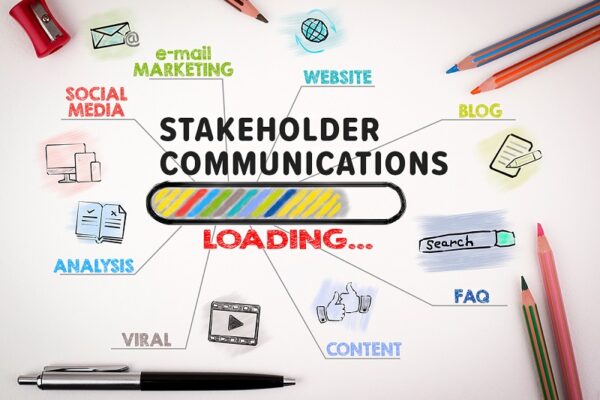Introduction
In the dynamic world of Small and Medium-sized Enterprises (SMEs), the impact of social media cannot be overstated. It’s not just a tool for brand promotion but also a platform where crises can unfold and escalate rapidly. When a crisis strikes, how SMEs handle it on social media can make or break their reputation. In this article, we will delve into the art of crisis management on social media for SMEs, exploring the best practices that can help them navigate turbulent waters successfully. Additionally, we will highlight the significance of social media management UK in executing these practices effectively. Join us on a journey through the challenges of crisis management in the digital age and discover how SMEs can emerge stronger from adversity.
1. The Unpredictability of Social Media Crises
Social media crises can erupt unexpectedly. They can range from negative reviews and public complaints to viral controversies. Being prepared for such events is crucial.
2. Swift and Transparent Communication
In the face of a crisis, SMEs must respond swiftly and transparently. Acknowledging the issue and providing updates as the situation unfolds builds trust.
3. Designated Crisis Team
Having a designated crisis management team ensures a coordinated and efficient response. This team should include individuals responsible for communication, resolution, and monitoring.
4. Preparing Response Templates
Preparation is key. Creating response templates for common crisis scenarios can save precious time when a crisis strikes.
5. Monitoring Social Media Channels
Active monitoring of social media channels allows SMEs to detect emerging issues before they escalate. Social media management tools are invaluable for this purpose.
6. Empathy and Compassion
Demonstrating empathy and compassion in responses to crisis situations humanizes the brand and shows that the SME cares about its customers.
7. Take Conversations Offline
For complex issues, it’s often best to take conversations offline to address them more thoroughly and avoid public escalations.
8. Staying Calm Under Pressure
Staying composed during a crisis is essential. Emotional responses can exacerbate the situation. Maintaining a professional tone is critical.
9. Learning and Adaptation
After a crisis is resolved, SMEs should conduct a post-mortem to learn from the experience. This feedback loop ensures continuous improvement.
10. Social Media Management in the UK: Local Expertise Matters
Social media management in the UK brings a local perspective. Understanding the UK audience’s nuances and preferences is crucial for effective crisis management.
Conclusion: Navigating Stormy Waters with Resilience
Crisis management on social media is a skill that SMEs cannot afford to overlook. Crises will happen, but how they are handled can determine whether an SME emerges stronger or faces reputational damage. Preparedness, transparency, and empathy are the cornerstones of effective crisis management. Social media management in the UK adds another layer of expertise, ensuring that crisis responses are culturally and regionally appropriate.
In an era where information travels at the speed of a click, SMEs that master the art of crisis management on social media will not only protect their brand but also reinforce customer trust and loyalty. The digital age demands resilience, adaptability, and a commitment to best practices in crisis management, and SMEs that embody these principles will thrive, even in the face of adversity.






